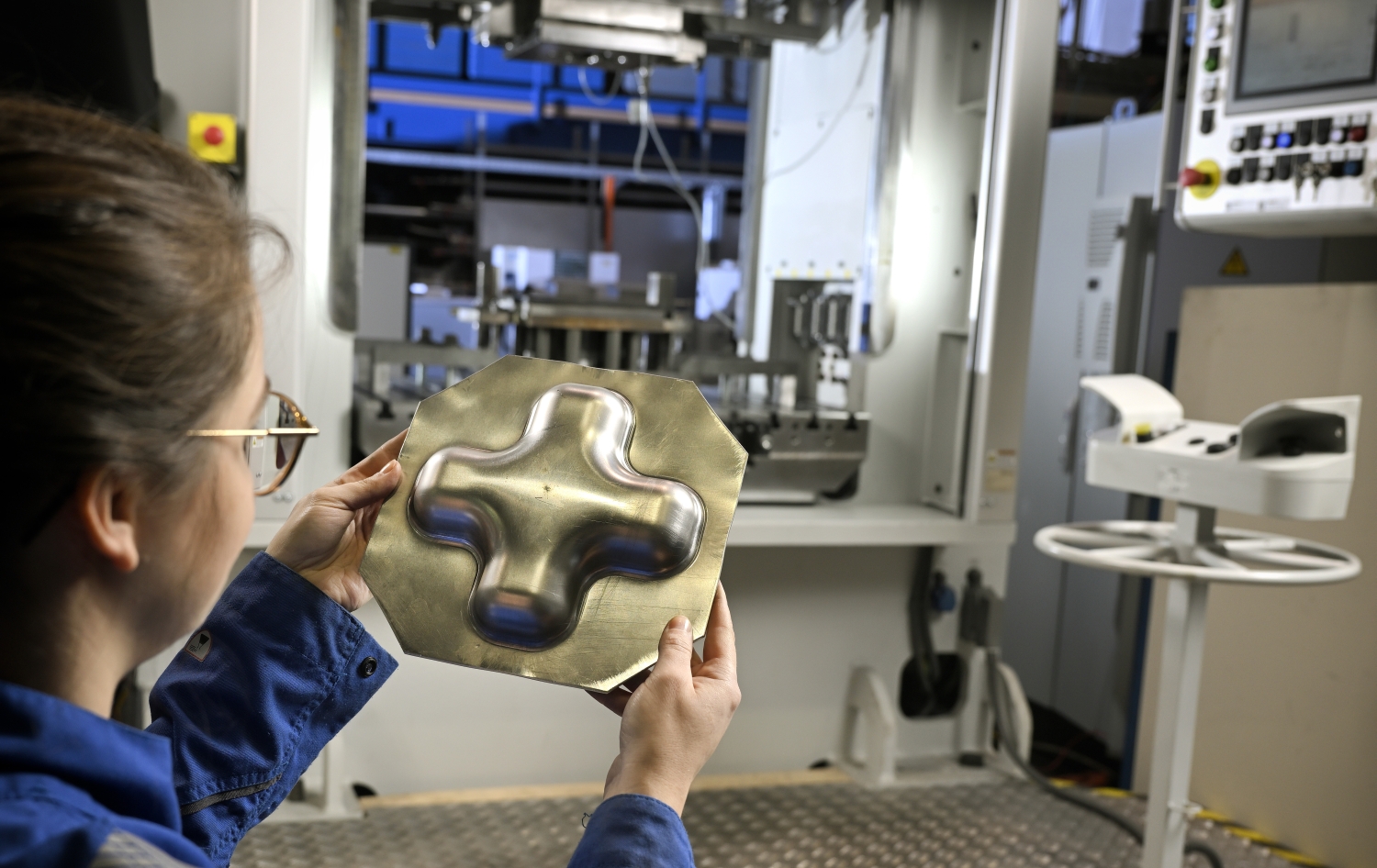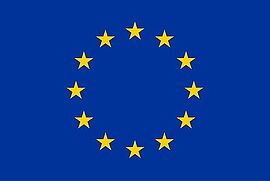Innovative recycling of sheet metal and thermoplastic composites
The COMPASS project, initiated by 13 European partners within the framework of the HORIZON EUROPE programme, aims to revolutionize the recycling of sheet metal and thermoplastic composites. Advanced recycling techniques are to be used to extend the service life of disused components from the aerospace and automotive industries, minimize the extraction of raw materials and reduce the ecological impact of new production. Digital tools in the project optimize the dismantling processes, including the efficient extraction of sheet metal and composite panels from decommissioned aircraft or cars, while relevant component information is stored in the digital passport.
COMPASS brings together a broad consortium of experts from universities, research institutions and industry to combine cutting-edge technologies and expertise and drive innovation in the field of remanufacturing processes.
Key aspects of the COMPASS project
- Promoting the circular economy through innovative remanufacturing:
COMPASS focuses on novel remanufacturing techniques to address the challenges of efficient recycling and extend the life of components. Circular economy approaches in the field of metal processing will be promoted to minimize the environmental impact of new component production. - A data-driven approach for improved remanufacturing:
The project introduces an innovative, data-driven approach to remanufacturing. Digital tools and a comprehensive digital component passport will provide real-time information on component performance and history, enabling smart remanufacturing strategies. - Optimization of remanufacturing processes and quality:
Digital tools streamline disassembly processes, ensure efficient extraction of sheet metal and composite panels and facilitate the collection of relevant component data. This leads to improved quality control and optimization of remanufacturing processes. - Sustainable manufacturing for the aerospace and automotive industries:
By remanufacturing around 30 percent of sheet metal parts and thermoplastic composite panels, COMPASS aims to have a significant impact on production processes. The use of end-of-life components or production scrap from airplanes and cars leads to significant resource savings and contributes to a more sustainable future for the aerospace and automotive industries.
Bundled AIT expertise in a broad-based consortium
As part of the COMPASS project, the LKR Leichtmetallkompetenzzentrum Ranshofen of the AIT Austrian Institute of Technology is playing a key role in identifying crucial process requirements for remanufacturing. This includes the development of innovative tools such as the sheet metal forming calculator.
The experts at the LKR carry out comprehensive analyses of secondary sheet metal material originating from production scrap or old parts. This ensures the effectiveness of the reconditioning processes, including paint stripping. LKR researchers also examine logistical aspects and integrate various tools and processes to ensure that reconditioning runs smoothly and can be well integrated into the existing process.
The mechanical properties, corrosion resistance and weldability of the remanufactured products are also evaluated. The LKR also takes on the task of quantifying waste streams and analyzing the economic impact of the COMPASS project.
The experts at the AIT Center for Energy are developing a "Dismantling Assistant" as part of the COMPASS project. This innovative augmented reality application supports the disassembly and inspection of aircraft and aircraft parts. AIT researcher Bastian Fibi explains: “The ‘Dismantling Assistant’ enables the assessment and visualization of condition, composition, recycling potential and potential risks, such as hazardous substances. The aim is to improve awareness, safety and workflow when dismantling aircraft and aircraft parts. A significant innovation that drives efficiency and safety in the aerospace sector.”
Johannes Österreicher from the LKR Leichtmetallkompetenzzentrum Ranshofen, who is responsible for the project at LKR, summarizes: “Without proper sorting procedures, aluminium recycling frequently results in downcycling, as various alloys are indiscriminately melted together, compromising material properties. Enhanced traceability measures are crucial in preventing the loss of valuable materials. At COMPASS, we take an innovative approach by not only ensuring seamless traceability but also utilizing production offcuts and end-of-life sheet metal directly for manufacturing new components – eliminating the need for an intermediate melting process. This approach leads to significant energy savings compared to conventional recycling methods.”
The "COMPASS" project has received funding from the European Union's Horizon Europe research and innovation program under grant agreement no. 101136940.





